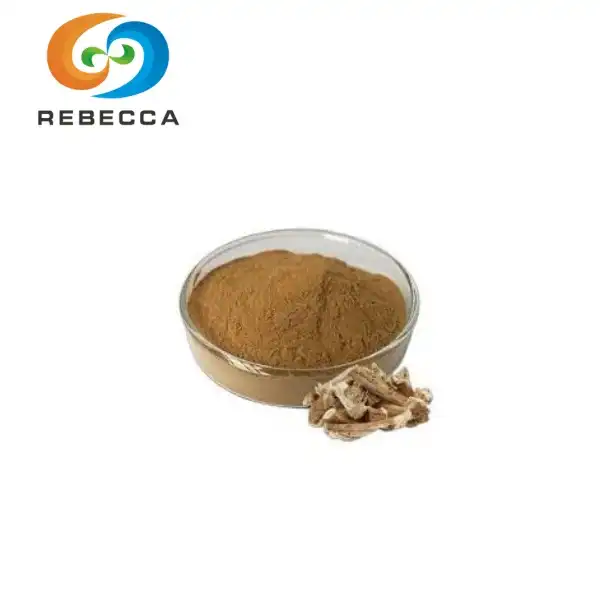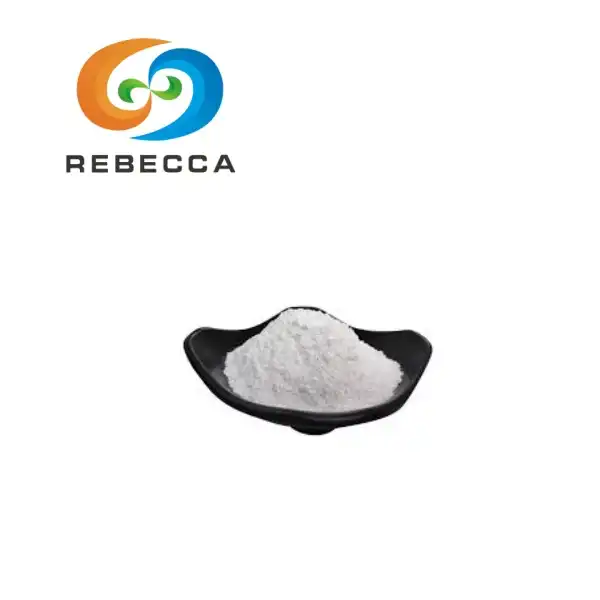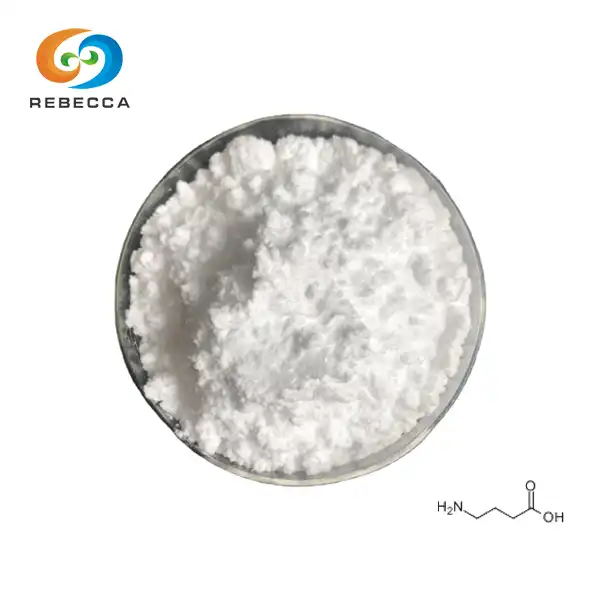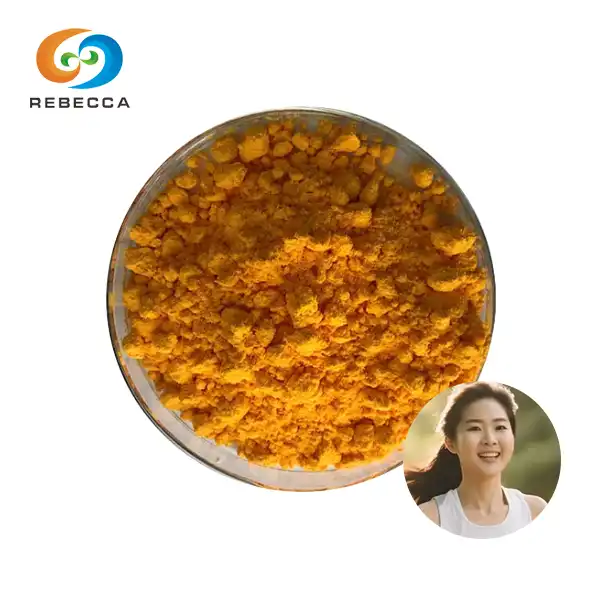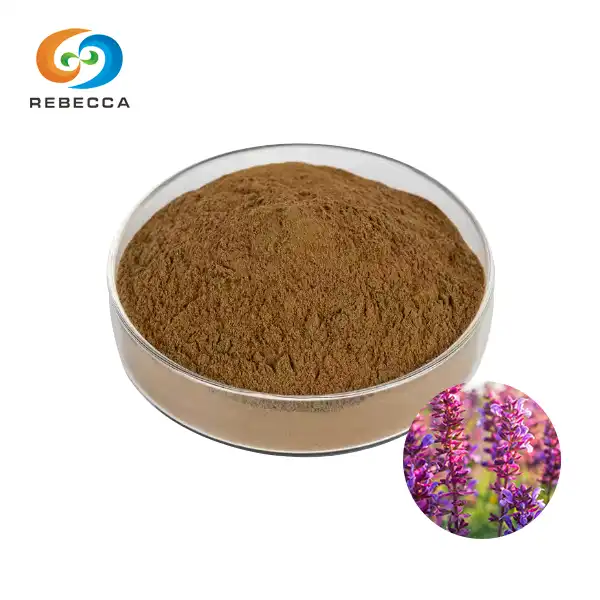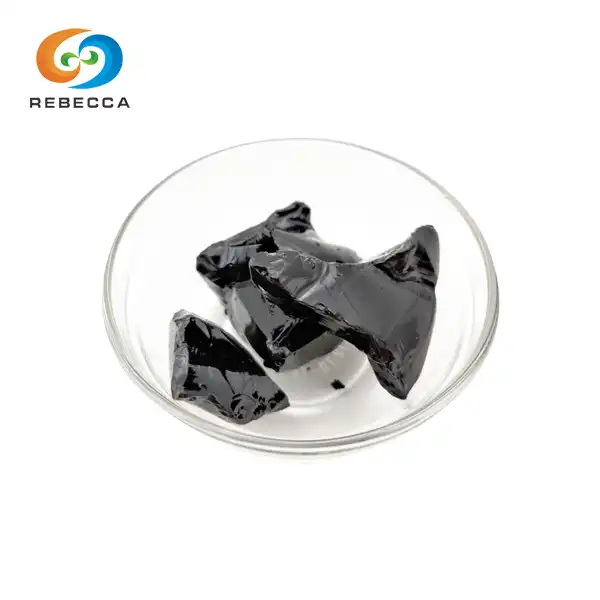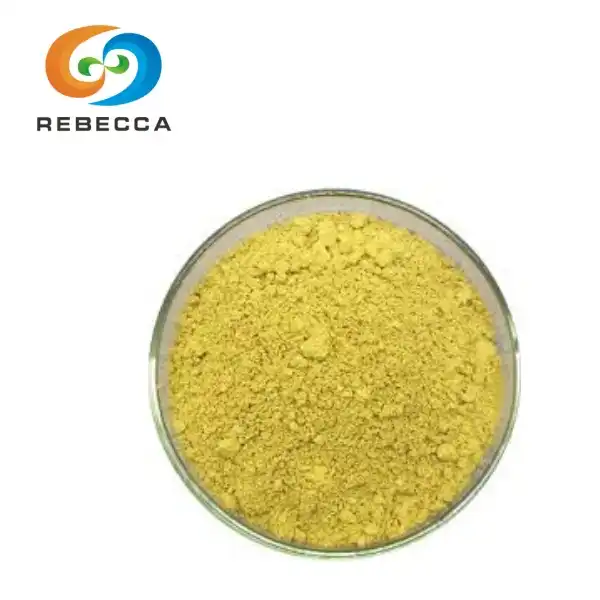Common Mistakes People Make When Using Turmeric Powder
Turmeric powder, derived from the vibrant root of the Curcuma longa plant, has gained immense popularity in recent years due to its potential health benefits and culinary versatility. However, many people unknowingly make mistakes when using this golden spice, potentially diminishing its effectiveness or even causing unintended side effects. In this comprehensive guide, we'll explore the common pitfalls associated with the best turmeric powder usage and provide valuable insights on how to maximize its benefits.

How to Choose the Best Turmeric Powder for Maximum Benefits?
Selecting high-quality turmeric powder is crucial for reaping its full potential. Many consumers make the mistake of purchasing inferior products, unaware of the significant differences in quality and potency. Here are some key factors to consider when choosing turmeric powder:
Organic vs. Conventional
Opting for organic turmeric powder ensures that you're avoiding potential exposure to harmful pesticides and chemicals. Organic cultivation methods also tend to preserve the soil's integrity, resulting in a more nutrient-dense product. When shopping, look for reputable certifications such as USDA Organic to guarantee authenticity.
Curcumin Content
Curcumin, the primary active compound in turmeric, is responsible for many of its health benefits. However, not all turmeric powders are created equal in terms of curcumin concentration. High-quality turmeric powders typically contain 3-5% curcumin, while some premium products may offer even higher percentages. Check the product label or contact the manufacturer for information on curcumin content.
Freshness and Packaging
The potency of the best turmeric powder can diminish over time, especially when exposed to light, heat, or moisture. Choose products packaged in opaque, airtight containers to preserve freshness. Additionally, pay attention to the expiration date and opt for newer batches whenever possible.
Purity and Additives
Some manufacturers may add fillers or artificial colors to enhance the appearance of their turmeric powder. These additives can dilute the potency and potentially introduce unwanted substances into your diet. Always check the ingredient list and choose products that contain 100% pure turmeric powder without any additives.
Country of Origin
Turmeric is cultivated in various regions worldwide, with India being the largest producer. However, the quality can vary significantly depending on the growing conditions and processing methods. Research the reputation of different turmeric-producing regions and consider products sourced from areas known for high-quality cultivation practices.

Top 5 Mistakes to Avoid When Using Turmeric Powder in Cooking
While turmeric powder can add depth and complexity to various dishes, improper use can lead to disappointing results or even unpleasant flavors. Here are five common mistakes to avoid when incorporating turmeric powder into your culinary creations:
Using Too Much
Turmeric has a potent, earthy flavor that can quickly overpower other ingredients if used excessively. Start with small amounts, typically 1/4 to 1/2 teaspoon per dish, and adjust to taste. Remember that a little goes a long way, and it's easier to add more than to correct an overly strong turmeric flavor.
Not Blooming the Spice
Blooming turmeric powder in oil or ghee before adding other ingredients can significantly enhance its flavor and aroma. This process involves gently heating the spice in fat for about 30 seconds to release its essential oils. Skipping this step can result in a raw, slightly bitter taste that fails to fully integrate with the dish.
Ignoring Flavor Pairings
Turmeric's unique flavor profile complements certain ingredients better than others. Failing to consider appropriate flavor pairings can lead to unbalanced or unappetizing dishes. Experiment with combining turmeric with ingredients like ginger, black pepper, cinnamon, or coconut milk to create harmonious flavor combinations.
Neglecting Proper Storage
Improper storage of the best turmeric powder can lead to a loss of flavor and potency over time. Store your turmeric powder in an airtight container away from direct sunlight and heat. Avoid storing it near the stove or in humid environments, as moisture can cause clumping and degradation of the spice.
Forgetting About Staining
Turmeric's vibrant yellow color can easily stain clothing, cookware, and countertops. Many people make the mistake of underestimating its staining power, leading to permanent marks on kitchen surfaces or favorite garments. Use caution when handling turmeric powder, and consider wearing gloves or an apron to protect your clothes. For cookware and surfaces, clean spills immediately with a mixture of baking soda and water to minimize staining.

Why You Should Be Careful with Turmeric Powder Dosage?
While turmeric powder is generally considered safe for most people when used in culinary amounts, excessive consumption or improper supplementation can lead to potential health risks. Understanding the importance of proper dosage is crucial for maximizing benefits while minimizing potential side effects.
Recommended Dosage
The appropriate dosage of turmeric powder can vary depending on individual factors and the intended use. For general culinary purposes, there's no strict limit on daily intake. However, when using turmeric for its potential health benefits, it's essential to consider the following guidelines:
- Culinary use: 1/4 to 1 teaspoon per day is typically sufficient for adding flavor to meals.
- Supplementation: 500-2,000 mg of curcumin per day is commonly used in research studies. However, always consult with a healthcare professional before starting any supplement regimen.
Potential Side Effects of Excessive Consumption
While rare, consuming large amounts of turmeric powder can lead to various side effects, including:
- Gastrointestinal issues: Nausea, diarrhea, or stomach upset
- Increased bleeding risk: Turmeric has mild blood-thinning properties, which may be problematic for individuals taking anticoagulant medications
- Lowered blood sugar: High doses of turmeric may enhance the effects of diabetes medications, potentially leading to hypoglycemia
- Kidney stone formation: Turmeric contains oxalates, which may contribute to kidney stone development in susceptible individuals
- Skin irritation: Some people may experience allergic reactions or skin irritation when applying turmeric topically

Interactions with Medications
Turmeric powder can interact with various medications, potentially altering their effectiveness or increasing the risk of side effects. It's crucial to consult with a healthcare provider before using turmeric supplements, especially if you're taking:
- Blood thinners (e.g., warfarin, aspirin)
- Diabetes medications
- Stomach acid reducers
- Certain chemotherapy drugs
Special Considerations for Certain Populations
Some groups of people should exercise extra caution when consuming turmeric powder:
- Pregnant and breastfeeding women: Limited research exists on the safety of high-dose turmeric during pregnancy and lactation
- Individuals with gallbladder problems: Turmeric may exacerbate gallbladder issues in some people
- Those with bleeding disorders: Due to its blood-thinning properties, turmeric may increase the risk of bleeding in susceptible individuals
- People scheduled for surgery: Turmeric should be discontinued at least two weeks before any surgical procedure to minimize bleeding risk
Bioavailability Considerations
One common mistake people make when using turmeric powder is failing to consider its low bioavailability. Curcumin, the primary active compound in turmeric, is poorly absorbed by the body when consumed alone. To enhance absorption, consider the following strategies:
- Combine with black pepper: Piperine, a compound found in black pepper, can increase curcumin absorption by up to 2,000%
- Consume with healthy fats: Curcumin is fat-soluble, so pairing it with sources of healthy fats like coconut oil or avocado can improve absorption
- Use heat: Cooking turmeric in oil or incorporating it into warm dishes may enhance its bioavailability
- Consider liposomal formulations: Some supplements use liposomal technology to improve curcumin absorption

Conclusion
The best turmeric powder offers a myriad of potential health benefits and culinary applications, but it's essential to use it wisely and avoid common pitfalls. By choosing high-quality products, using appropriate amounts in cooking, and being mindful of dosage and potential interactions, you can maximize the benefits of this golden spice while minimizing risks. Remember to consult with a healthcare professional before using turmeric supplements, especially if you have any underlying health conditions or are taking medications.
For more information on high-quality turmeric powder and other natural herbal extracts, please contact Shaanxi Rebecca Biotechnology Co., Ltd. at information@sxrebecca.com. Our team of experts is dedicated to providing premium, organic turmeric powder and other plant-based products to support your health and culinary endeavors.
References
1. Prasad, S., & Aggarwal, B. B. (2011). Turmeric, the Golden Spice: From Traditional Medicine to Modern Medicine. In Herbal Medicine: Biomolecular and Clinical Aspects. 2nd edition. CRC Press/Taylor & Francis.
2. Hewlings, S. J., & Kalman, D. S. (2017). Curcumin: A Review of Its Effects on Human Health. Foods, 6(10), 92.
3. Gupta, S. C., Patchva, S., & Aggarwal, B. B. (2013). Therapeutic roles of curcumin: lessons learned from clinical trials. The AAPS journal, 15(1), 195-218.
4. Shoba, G., Joy, D., Joseph, T., Majeed, M., Rajendran, R., & Srinivas, P. S. (1998). Influence of piperine on the pharmacokinetics of curcumin in animals and human volunteers. Planta medica, 64(04), 353-356.
5. Di Meo, F., Margarucci, S., Galderisi, U., Crispi, S., & Peluso, G. (2019). Curcumin, Gut Microbiota, and Neuroprotection. Nutrients, 11(10), 2426.
_1730691017423.webp)










